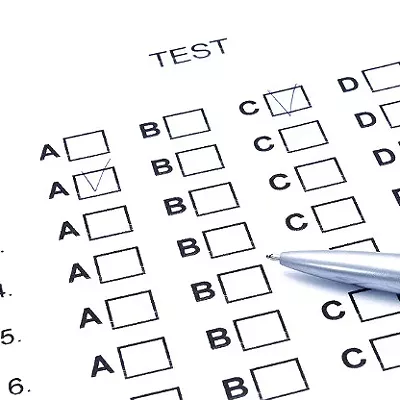Tuesday, March 10, 2015
Network for Public Education Supports Those Who Opt Out
The high stakes testing opt out bill, HB2246, sponsored by John (Chris) Ackerley (R, LD-2), passed the House 35 to 24 and is moving onto the Senate. It's a Republican bill supported by Republicans, but actually, the idea of opting out of high stakes tests has national bipartisan support. Case in point: The Network for Public Education (NPE), a group founded by progressive education historian and activist Diane Ravitch and others.
According to Tucsonan Robin Hiller, Executive Director of NPE, "We know these tests aren't working for kids, teachers or schools. We believe parents should have the right to opt their children out of the tests with no repercussions to the student or the school."
Here is the NPE statement.
Network for Public Education Supports Those Who Opt Out
The Network for Public Education stands in full support of parents, students and educators who choose to teach and learn about the reality of high stakes tests, opt out of high stakes tests, speak out against high stakes tests and who refuse to give those tests to students.
We take this stand because:
• Right now, in communities from the highest need to the most affluent, students, parents and educators are being punished for the courageous act of informing others about available options to opt out of high stakes tests and acting upon those options. These reprisals, often for merely learning and teaching about students’ rights, violate basic human rights and common decency.
• There is no evidence that these tests contribute to the quality of education, or help close the “achievement gap.” Since NCLB, these tests have hindered, not helped, school improvement efforts. The scores of US students in the international PISA tests have remained flat for the dozen years of high stakes testing.
• These tests, particularly those associated with the Common Core, have become intrusive in our schools, consuming excessive time and resources. These are not the kind of tests that we took when we were children. Students in grades three to eight must spend ten or more hours on testing, and enter their answers on computer keyboards. Since teachers will not see their scores for months they have no diagnostic value. They have resulted in narrow instruction and curriculum that focuses on test preparation.
• The Common Core tests, such as PARCC, SBAC and others Pearson has developed to measure the Common Core standards, have been designed to yield widespread failure for students, and thus are an inaccurate reflection of what our students are capable of doing.
• Inequities in education are a real and devastating reality in our education system. High stakes tests exacerbate this inequity with their negative, disparate impact on students of color, students in poverty, English language learners, and students with disabilities.
Tags: Network for Public Education , HB 2246 , John (Chris) Ackerley , Opt out , High stakes testing , Diane Ravitch













